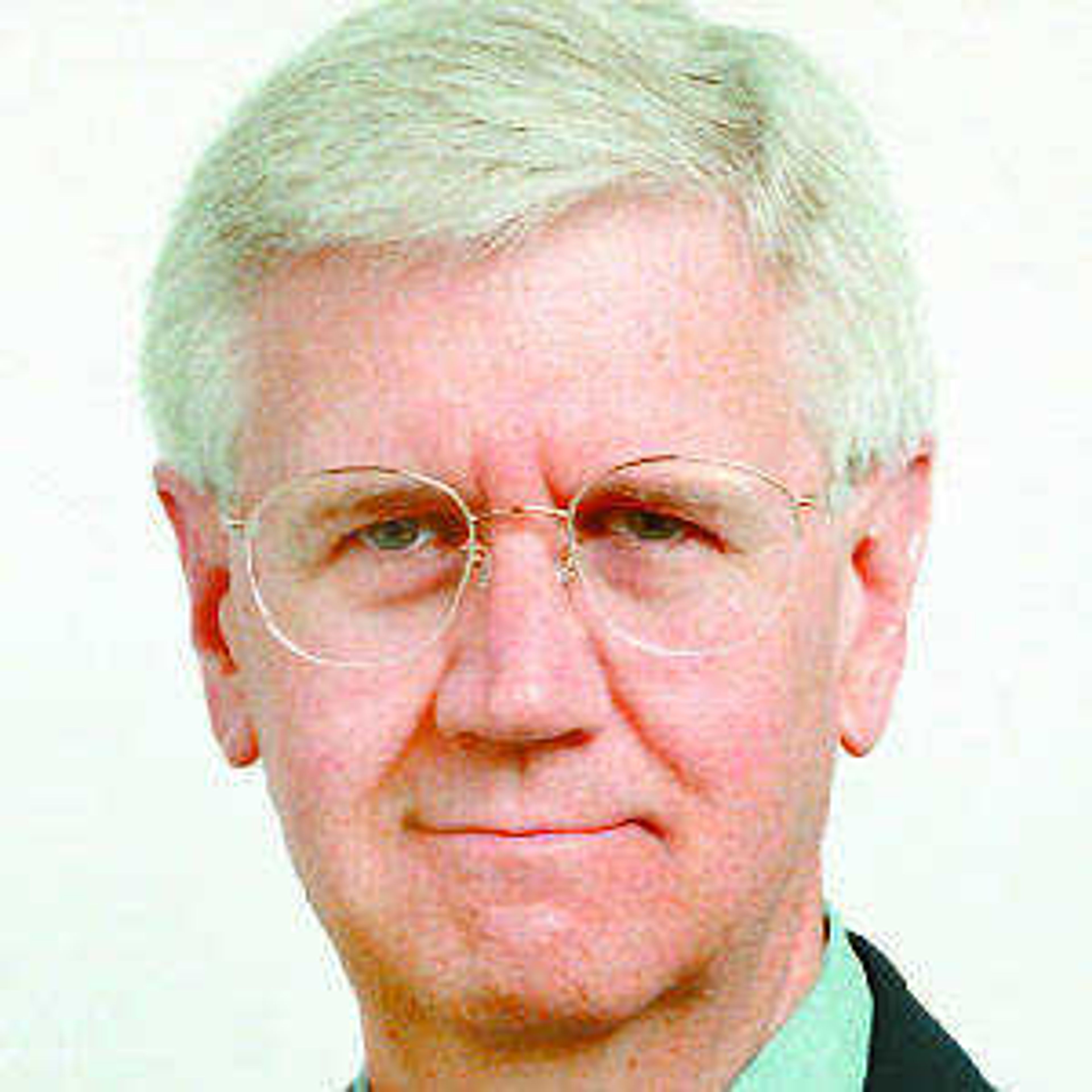RIVER CITY JOURNAL: THEY'RE A REAL GOOD WAY TO MAKE YOUR MISTAKES STAND OUT
If you want people to notice your goofs, be sure to put them in real big black type on the front page of a newspaper. This is your editor speaking. I don't do this very often, but this week I'm going to have to talk about business. Maybe I'll throw in a joke later just to see if you're paying attention...
If you want people to notice your goofs, be sure to put them in real big black type on the front page of a newspaper.
This is your editor speaking.
I don't do this very often, but this week I'm going to have to talk about business.
Maybe I'll throw in a joke later just to see if you're paying attention.
Of course, some of you have been cackling and calling the editor for over a week now.
It all started like this:
The Associated Press sent us a story that had a lot of interesting information about population predictions a hundred years from now. The AP even sent a chart to make it look real fancy.
So we decided to put that story at the top of Page 1.
You probably have this figured out already, but the top of Page 1 is a pretty important place for news stories and photos. Editors do not make decisions lightly about what goes there. Stories that make it to the top of Page 1 ought to have a good excuse for being there, if you know what I mean.
Once a decision is made to put a story at the top of Page 1, other choices have to be made: How big will the headline be? How can the headline be written to give good information to readers and encourage them to read the whole story? It's quite a task, and the AP doesn't do it for us.
In this particular case, the headline writer wrote five words for the main headline, and those five words were packed with information, which is the aim of every headline writer. The main part of the headline said:
Population
could double
this century
That's pretty clear. Good headline.
Then there was the second part of the headline. Here at the Southeast Missourian, we call this next part the "summary statement." The goal of a summary statement is to share more useful information in about 15 to 20 words. The summary statement should capture the essence of some detail of the story. Whether an editor is writing the main part of the headline or the summary statement, the intent always is to be accurate and informative.
In this case, the AP story said the U.S. population by the year 2100 is projected to be 571 million people. That's a lot of people.
The summary statement said:
The Census Bureau
predicts as many as 571
people will be living in the
United States in 2100
You have no idea how many people called me to ask questions like, "How are they going to pick those 571 people? Lottery?"
Ha. Ha.
To give credit where it's due, the readers who called were friendly and courteous. Most of them were laughing.
Do you have any idea how an editor feels when he wakes up in the morning and sees a mistake like this? There is no chortling or giggling. My wife takes her toasted bagel as far away as she can get. She knows better than to say something like, "Do you want grilled chicken or pork chops for dinner?" Nosiree. This is no time to be planning menus.
Mistakes like this result in much gnashing of teeth in the newsroom. Pained expressions give way to tight-lipped discussions: How did it happen? Who checked the proof for that page? Why wasn't it changed? And, of course, there are vows to make sure it never happens again.
At least until the following Wednesday.
The main story at the top of Page 1 on Wednesday was about the opening of Blanchard Elementary School. This was a really big event for our town. We don't go around opening public schools every day. As a matter of fact, this was the first new school in the Cape Girardeau School District in more than 30 years.
The main headline said:
Parade marks opening of Blanchard
So far, so good.
The summary statement said:
The elementary school
is the first new public
school to open in Cape
Girardeau since 197.
You have no idea how many people called me to ask, "Is that B.C. or A.D.?"
Ha. Ha.
One of the nice things about computers is that they take a lot of blame for a lot of stuff. And they don't take you to court afterward.
I'd really, really, really like to be able to blame these faulty headlines on a computer. Any computer.
But I can't.
With all of our technology and fail-safe systems and double-checking and proofing and constant reminders, we still make some ugly mistakes. We try not to. But we do.
I just didn't want you to think we didn't care or weren't paying attention. Ask the person who wrote those headlines. Ask the person who checked the pages. Ask them how they feel.
They feel lousy.
But all of us in the newsroom will keep trying. Count on that.
Now, about that joke I promised you.
Here's my current favorite:
Regis Philbin dies and winds up standing outside the Pearly Gates. God is standing on the other side, locking the gates, and Regis says, "Is that your final answer?"
Ha. Ha.
~R. Joe Sullivan is the editor of the Southeast Missourian.
Connect with the Southeast Missourian Newsroom:
For corrections to this story or other insights for the editor, click here. To submit a letter to the editor, click here. To learn about the Southeast Missourian’s AI Policy, click here.










